11 GPTs for Horror Fiction Powered by AI for Free of 2026
AI GPTs for Horror Fiction are advanced artificial intelligence tools specifically designed to cater to the creation, analysis, and engagement with horror fiction content. These GPTs (Generative Pre-trained Transformers) leverage deep learning algorithms to understand, generate, and interact with horror-themed narratives, characters, and settings. By training on a vast corpus of horror literature and media, they can produce content that captures the essence of the genre, making them invaluable for writers, creators, and enthusiasts seeking to explore the depths of horror fiction.
Top 10 GPTs for Horror Fiction are: The Whispers of Sirenhead,Para historias de terror,StephenKing,AI Horror Novel Generator,克苏鲁神话,Horror Editor,Mystery Weaver,Stephen King Style Transformation,ショート怪談ジェネレーター,Real Horror Stories
The Whispers of Sirenhead
Craft your horror narrative, AI-enhanced.

Para historias de terror
Craft spine-chilling stories powered by AI
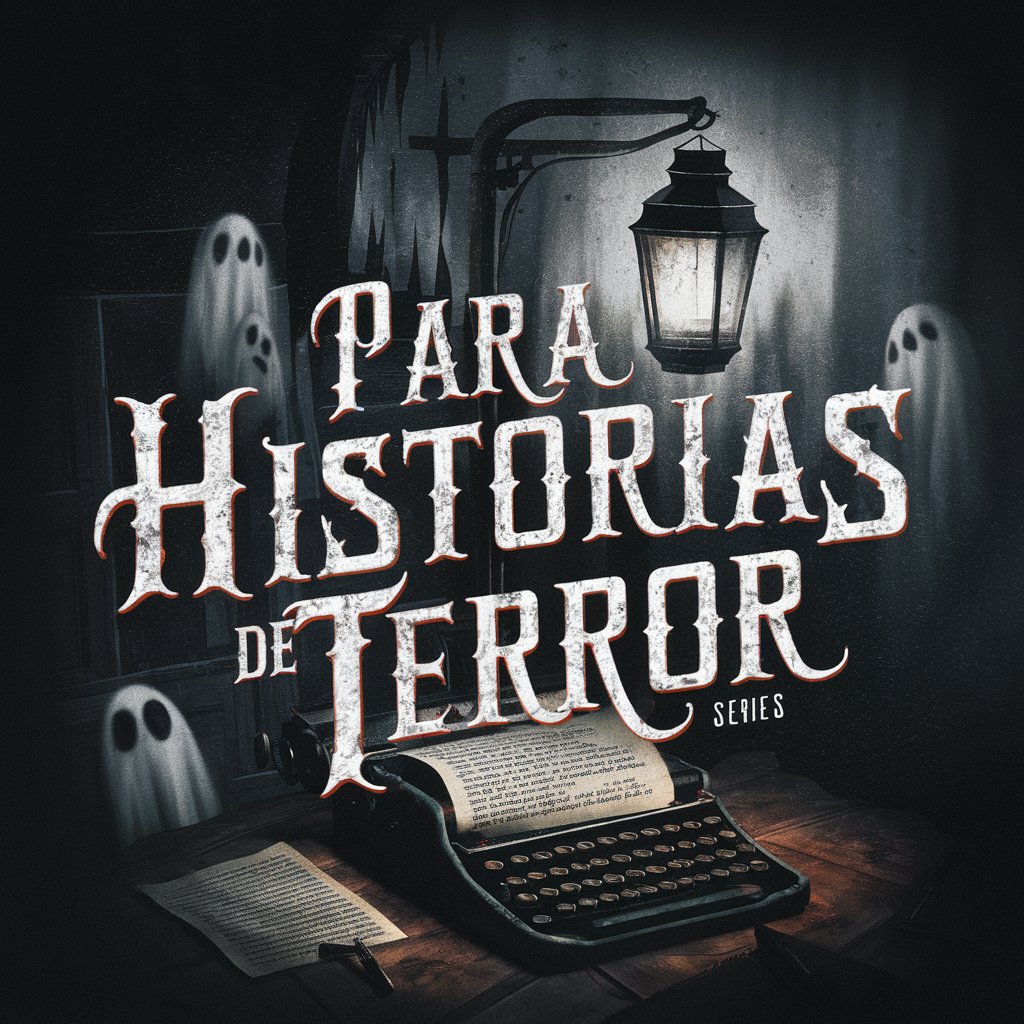
StephenKing
Harness the Master of Horror's Writing Genius
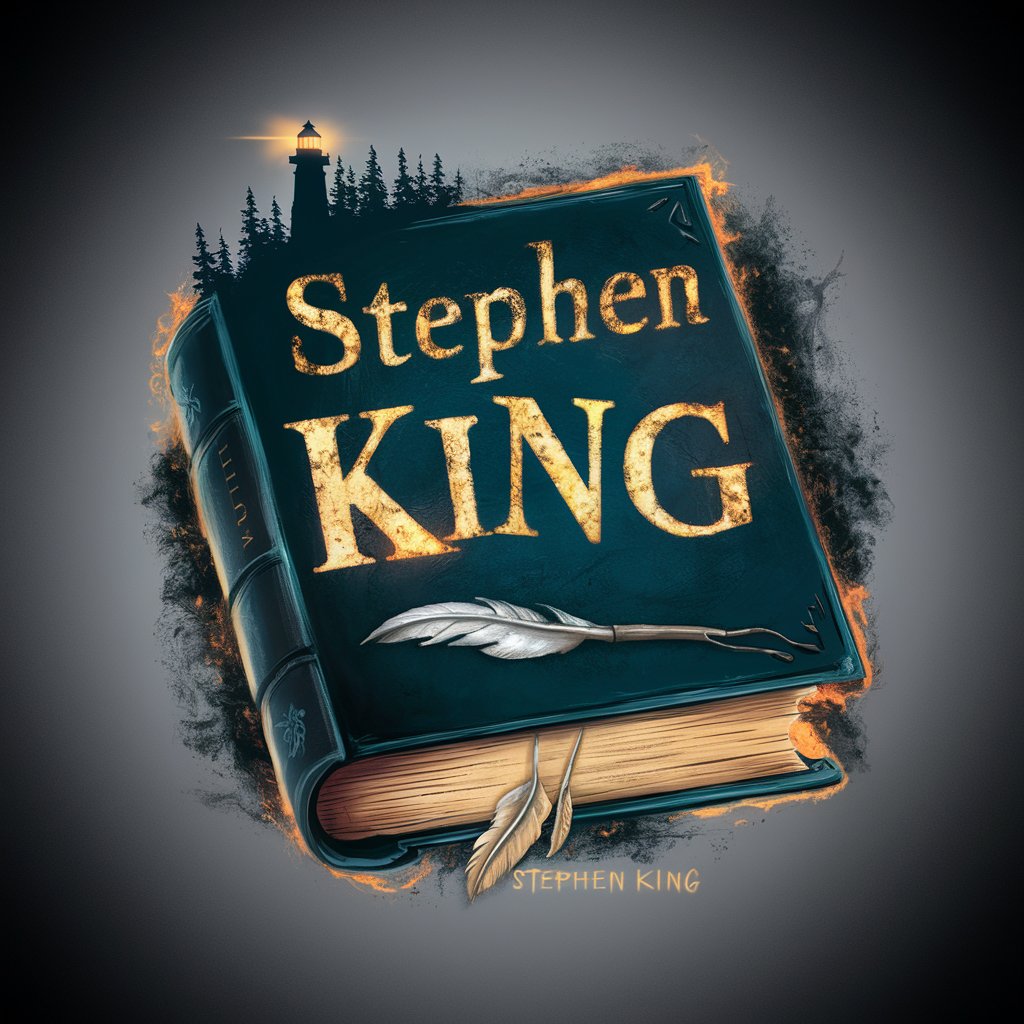
AI Horror Novel Generator
Unleash Your Darkest Stories
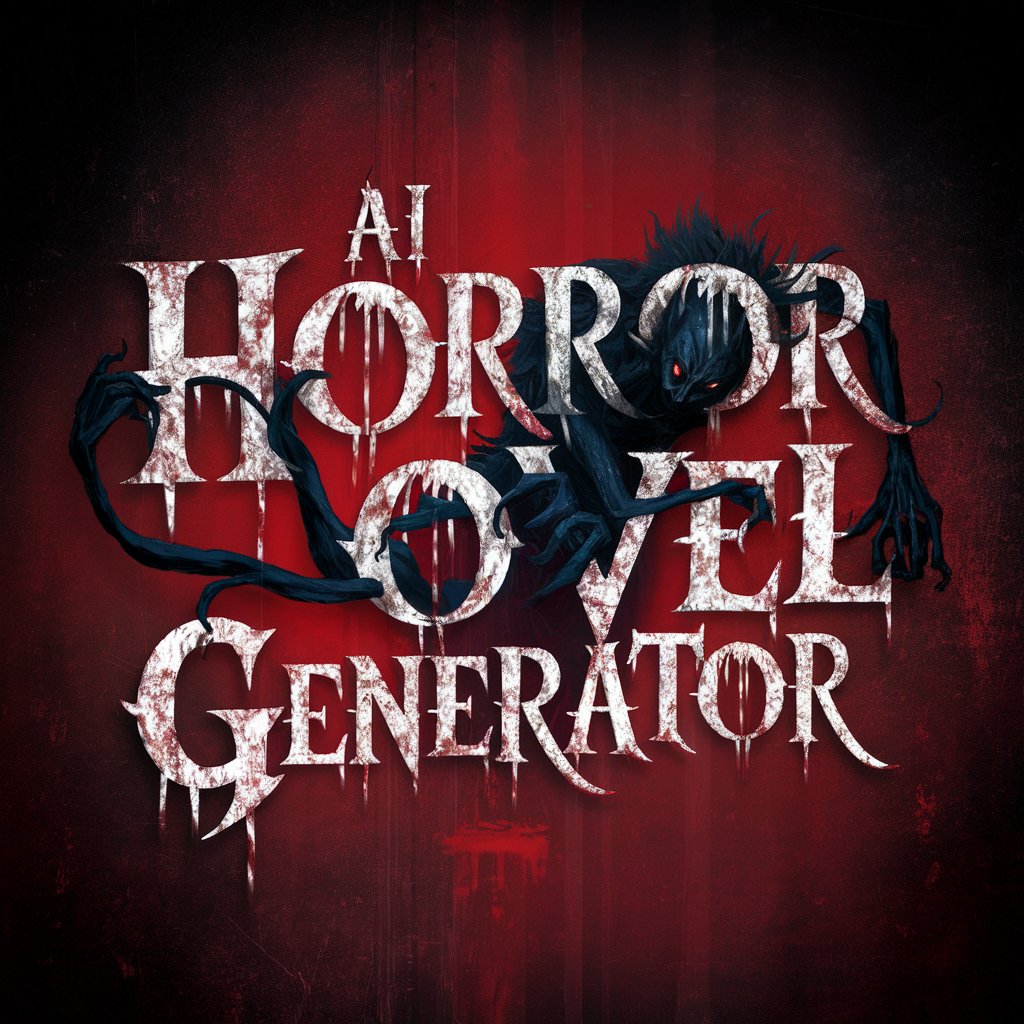
克苏鲁神话
Craft and Visualize Mythos Entities
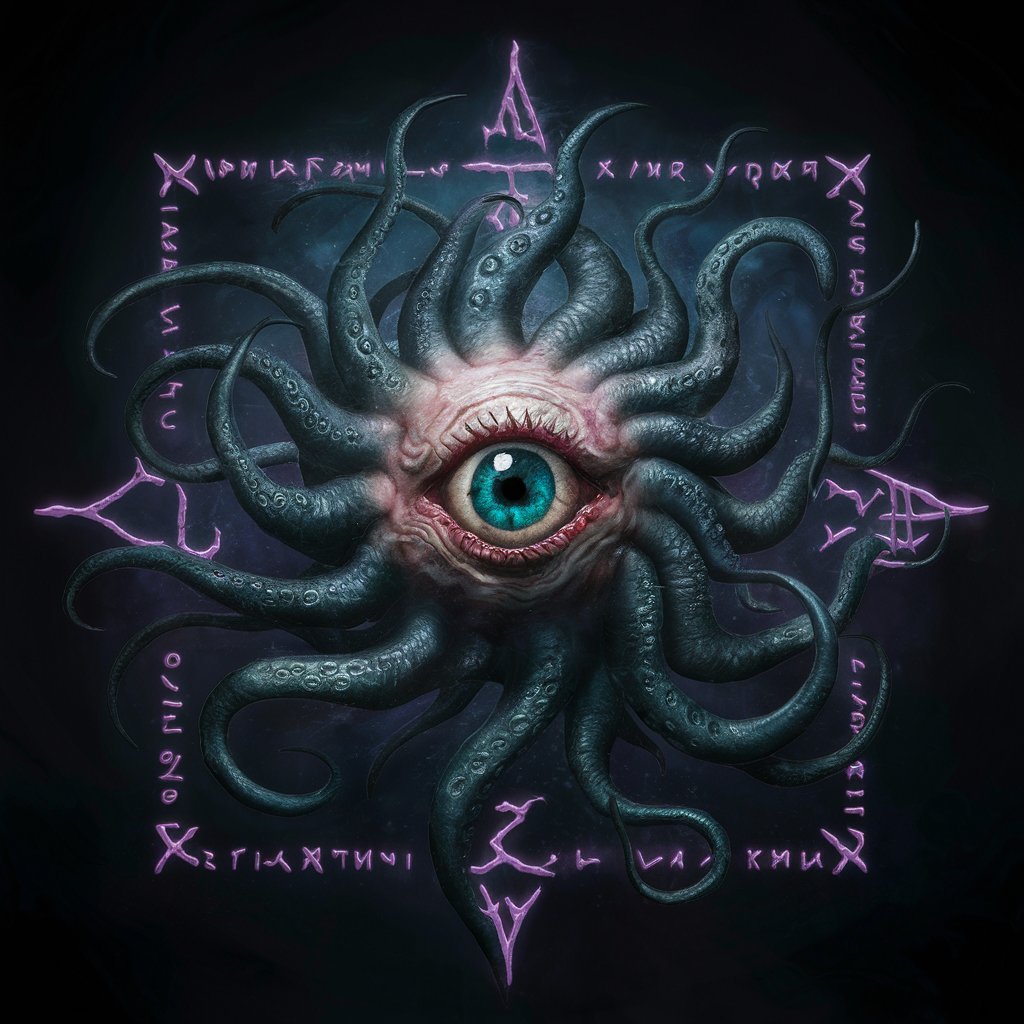
Horror Editor
Elevate Your Horror, Mystify with AI.
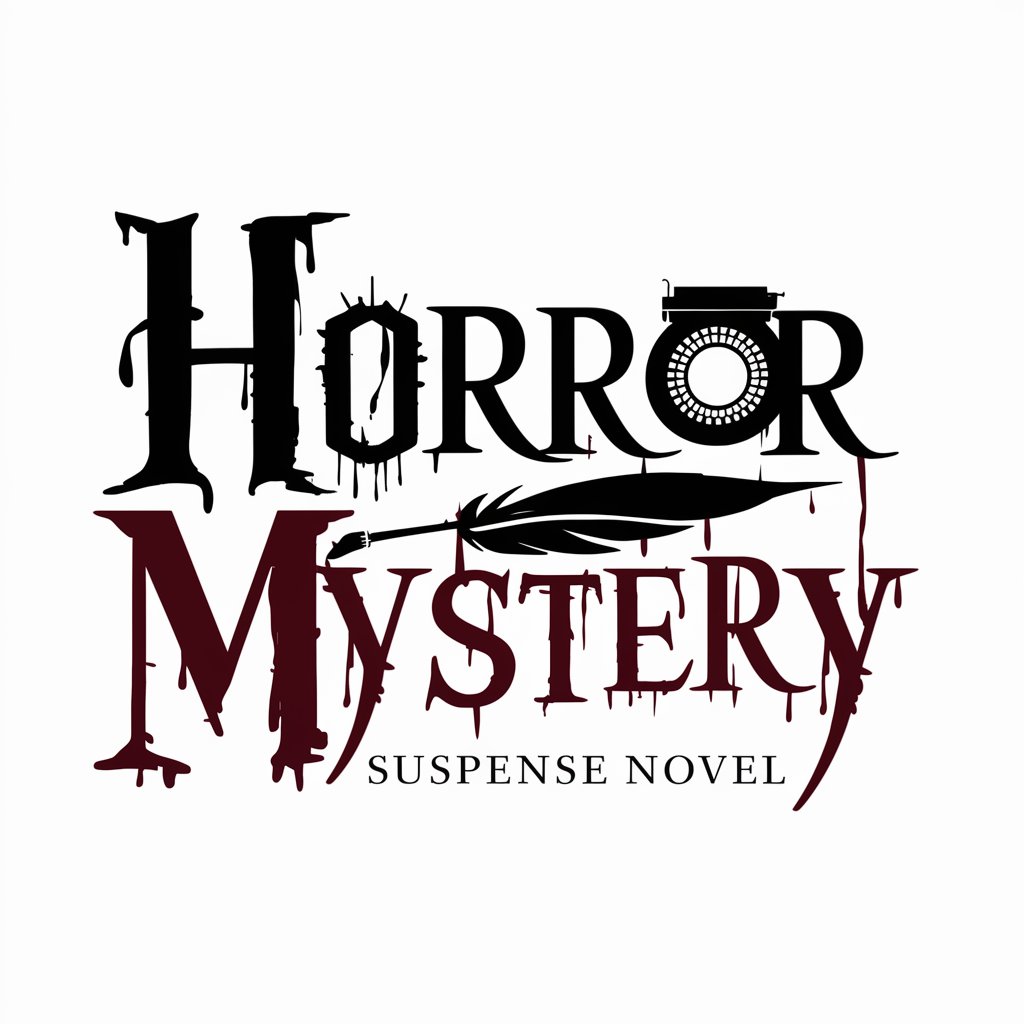
Mystery Weaver
Crafting eerie tales with AI-powered art
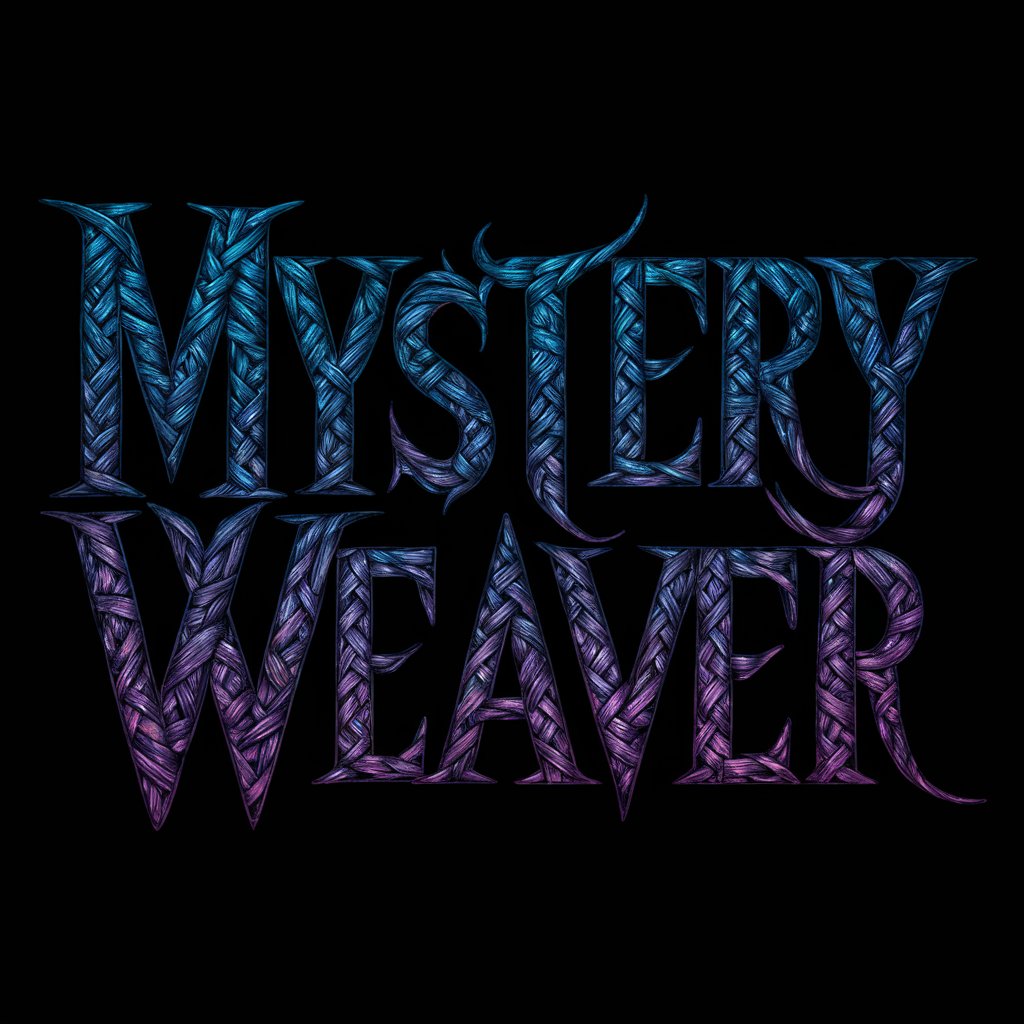
Stephen King Style Transformation
Transform your stories into the masterful style of Stephen King.
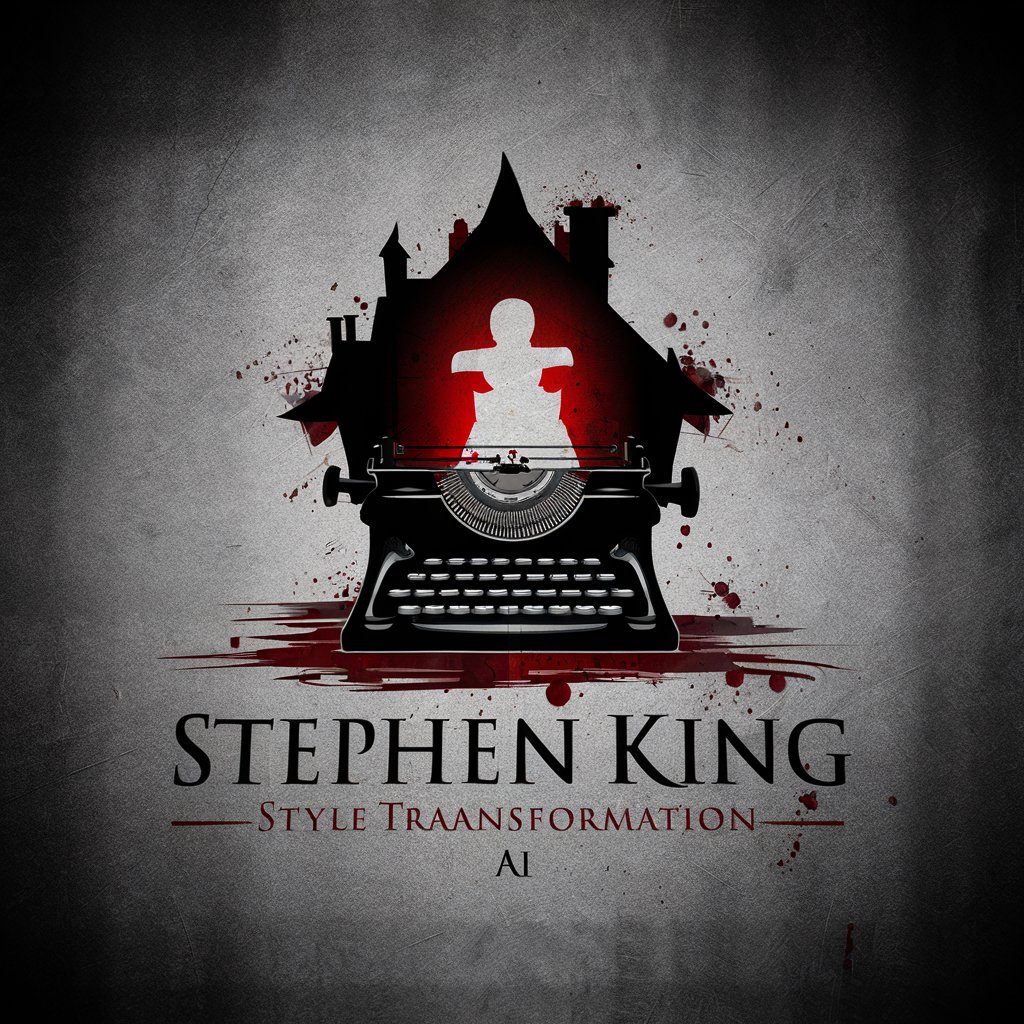
ショート怪談ジェネレーター
Crafting Chills with AI
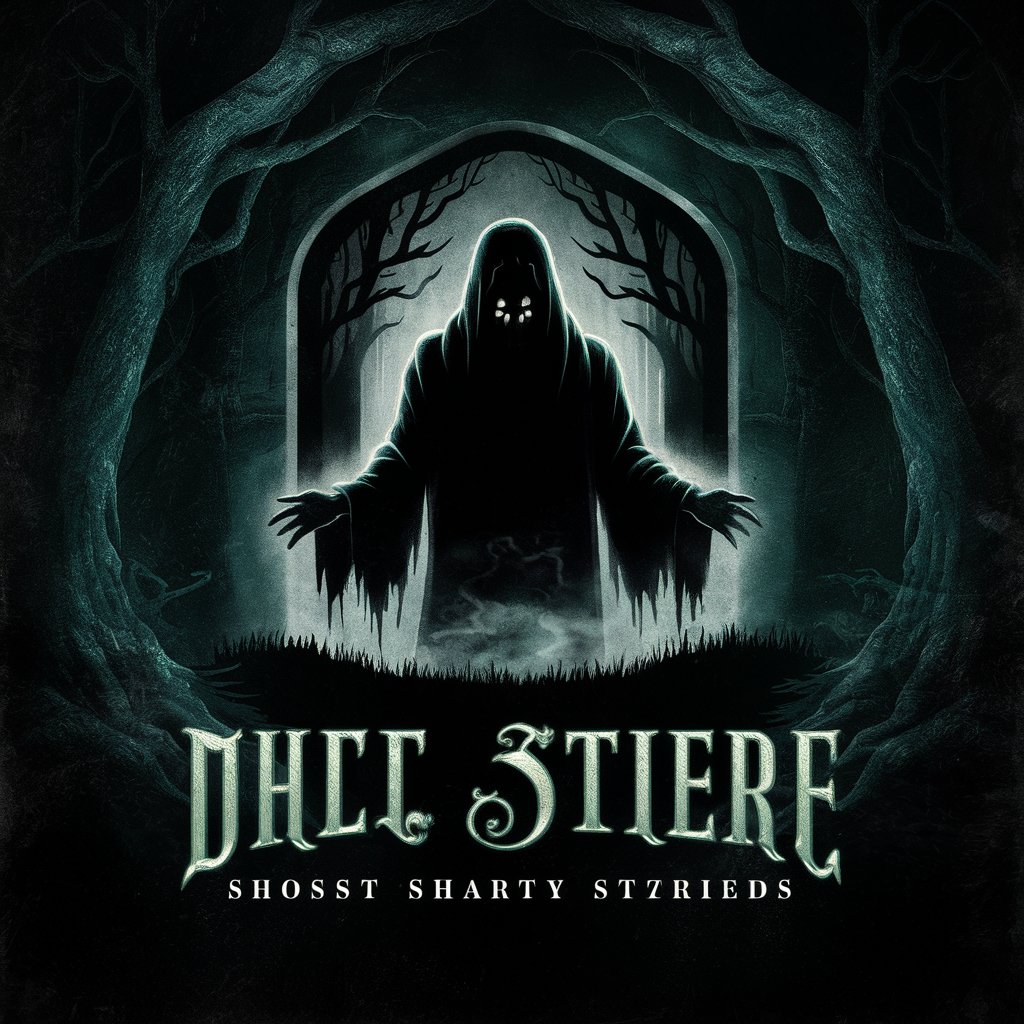
Real Horror Stories
Craft Your Fear with AI
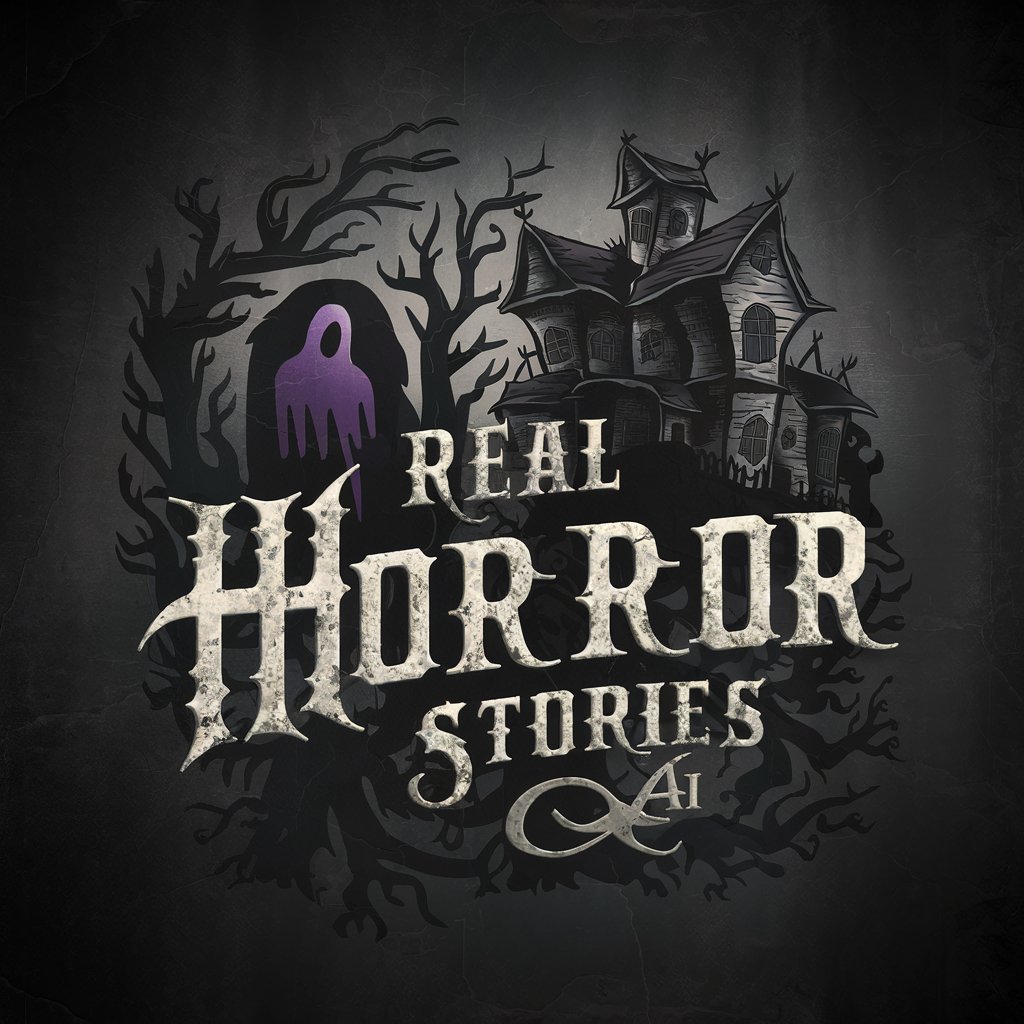
Ghost Stories
Crafting Your Personalized Haunts
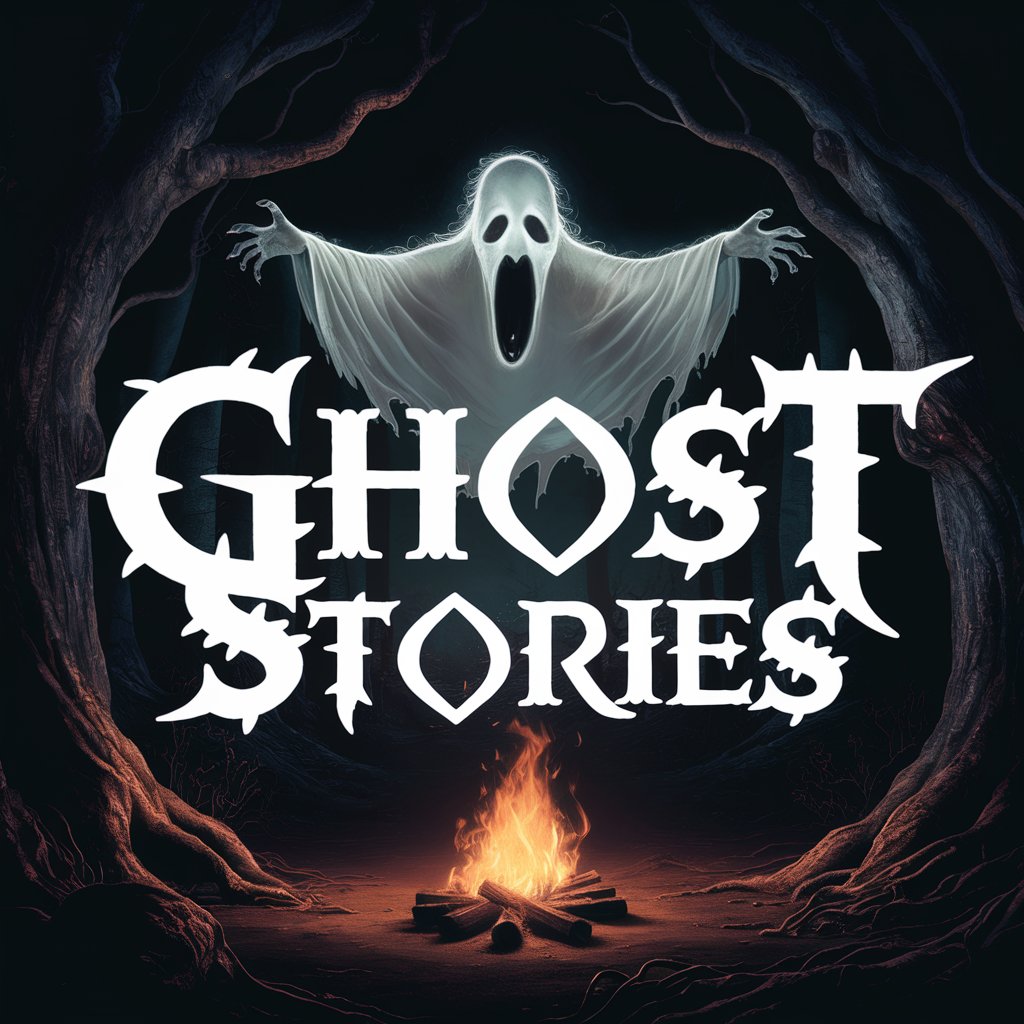
Key Attributes of Horror Fiction AI
Horror Fiction AI GPTs stand out for their adaptability and depth, capable of generating spine-chilling narratives, character dialogues, and eerie settings with nuanced understanding of the genre's conventions. Special features include language model fine-tuning for horror-specific vocabulary, support for multiple languages, technical assistance for content creation, and capabilities for web searches and image generation related to horror themes. These tools also excel in data analysis, providing insights into horror genre trends and audience preferences.
Who Benefits from Horror Fiction AI?
AI GPTs for Horror Fiction are designed for a broad audience, including writers new to the genre, seasoned horror authors, content creators, and developers looking to incorporate horror elements into their projects. These tools are accessible to those without programming skills, offering user-friendly interfaces for generating content, while also providing advanced customization options for developers and professionals seeking to tailor the AI's output to specific needs.
Try Our other AI GPTs tools for Free
Interactive Healing
Discover how AI GPTs for Interactive Healing leverage advanced machine learning to offer personalized health guidance and support, transforming wellness journeys.
Environmental Influence
Discover AI-powered tools designed for environmental influence, offering innovative solutions for analysis, prediction, and education on sustainability and conservation.
Viewership Analysis
Explore AI GPTs for Viewership Analysis, advanced tools designed to optimize content strategy and enhance viewer engagement through insightful data analysis and predictive analytics.
Personalized Beauty
Discover personalized beauty solutions with AI GPTs, offering tailored skincare and makeup advice to transform your beauty routine.
Automotive Branding
Discover how AI GPTs for Automotive Branding revolutionize content creation, market analysis, and customer engagement, offering tailored solutions for the automotive industry.
Vehicle Marketing
Explore cutting-edge AI GPTs tools tailored for Vehicle Marketing, designed to enhance engagement, personalize campaigns, and drive sales in the automotive sector.
Expanding Horizons with Horror Fiction AI
Horror Fiction AI GPTs represent a frontier in creative technology, enabling personalized and immersive experiences. Their user-friendly interfaces make them accessible to a wide audience, while integration capabilities allow for seamless incorporation into existing workflows or systems, opening new possibilities for creators and developers in the horror genre.
Frequently Asked Questions
What exactly is an AI GPT for Horror Fiction?
An AI GPT for Horror Fiction is a specialized AI tool trained on horror-specific content to generate, analyze, and interact with narratives, characters, and themes within the horror genre.
How does Horror Fiction AI generate content?
By leveraging deep learning and natural language processing, it synthesizes new horror content based on patterns and themes learned from a vast dataset of horror literature and media.
Can non-technical users create horror fiction with AI GPTs?
Yes, these tools are designed with user-friendly interfaces that allow anyone to generate horror fiction without needing to know how to code.
Are there customization options for developers?
Absolutely. Developers can access APIs and other programming interfaces to customize the AI's output, integrate it into projects, or develop new horror fiction applications.
Can AI GPTs for Horror Fiction create images?
Yes, some of these AI tools include image generation capabilities, enabling the creation of horror-themed visuals alongside textual content.
How can I use AI GPTs for Horror Fiction to improve my writing?
These AI tools can offer inspiration, help overcome writer's block, and provide examples of horror writing styles, character dialogues, and plot ideas.
Is content generated by Horror Fiction AI copyright-free?
Content generated is typically free to use, but it's important to check the terms of service of the specific AI tool you're using for any restrictions or requirements.
Can these AI tools analyze existing horror fiction?
Yes, they can analyze horror fiction for themes, style, and structure, offering insights that can help writers understand genre conventions and audience expectations.